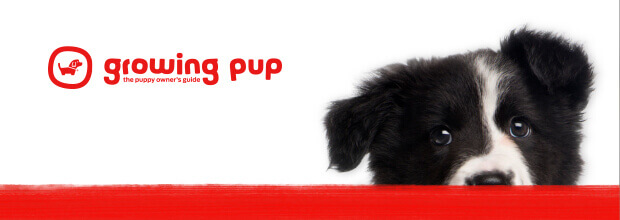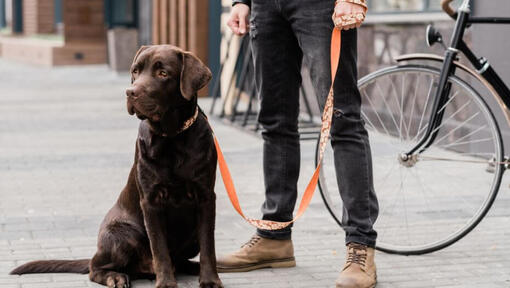History and Origins
Country of Origin: Canada
The Labrador Retriever breed originated not in Labrador, but on the coast of Newfoundland in the 17th century. They were trained to bring in the fishing-nets through the icy waters for the fishermen and, in the early 19th century, were brought to Poole Harbour in Great Britain. They were so attractive and with such appealing personalities that the fishermen had umpteen offers from Englishmen to buy them. The breed with their working abilities was instantly successful as a gundog. The Earl of Malmesbury became fascinated by these dogs, known at that time as Saint John's Dogs, and he started breeding them, calling them Labrador Dogs. Today, Labradors are still used as working gundogs as well as being beloved family pets.














